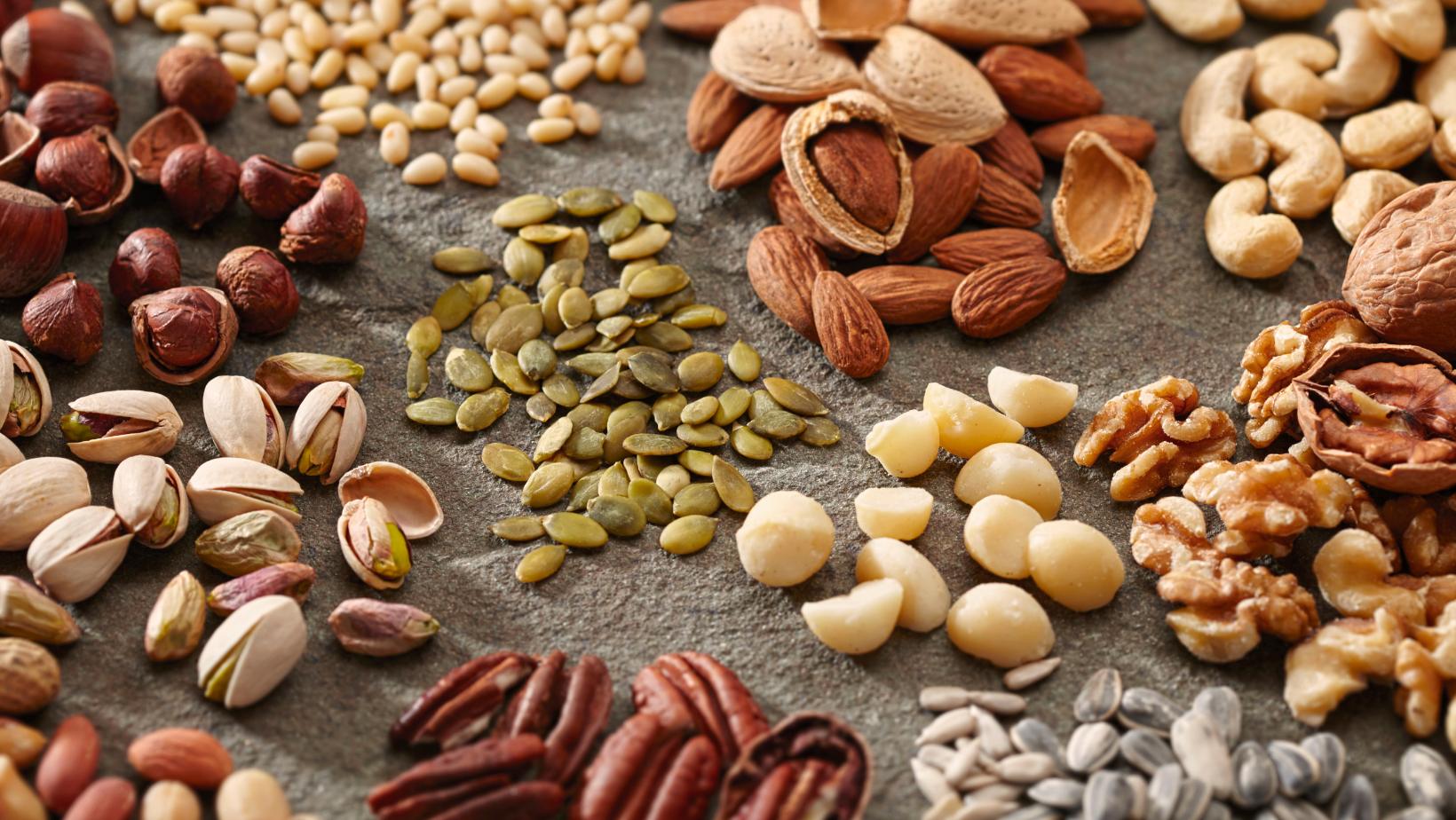Nuts are an excellent source of healthy fats, fiber, and protein, and numerous studies have demonstrated their various health benefits, particularly in reducing the risk of heart disease. In this article, we’ll explore five of the healthiest nuts you can incorporate into your diet for optimal nutrition and wellbeing.
1. Brazil Nuts
Brazil nuts, native to the Amazon, are an exceptionally rich source of selenium. A single one-ounce (30-gram) serving of Brazil nuts provides more than 100% of the Recommended Dietary Intake (RDI) for selenium, as well as 26% of the RDI for magnesium, a crucial mineral for cardiovascular health. Studies have shown that consuming just one Brazil nut per day can help restore selenium levels in selenium-deficient individuals, such as those undergoing hemodialysis for kidney disease. Brazil nuts may also reduce inflammation in both healthy individuals and those with specific health conditions.
2. Walnuts
Walnuts are an excellent source of alpha-linolenic acid, an omega-3 fatty acid. Numerous large studies have found that consuming walnuts can significantly reduce total and LDL (bad) cholesterol while increasing HDL (good) cholesterol. This may be attributed to their high alpha-linolenic acid content and other nutrients. Walnuts may also improve other factors related to heart health, such as systemic inflammation, blood pressure, and blood flow through the circulatory system. Interestingly, a study in college students suggested that eating walnuts may even have beneficial effects on brain function, specifically inferential reasoning.
3. Almonds
Almonds are packed with beneficial nutrients, particularly vitamin E, an antioxidant, and magnesium. Studies have shown that consuming almonds as part of a low-calorie diet may aid in weight loss and lower blood pressure in overweight or obese individuals. Almonds appear to be particularly beneficial for those with diabetes, as eating a meal with one ounce (30 grams) of almonds may help reduce the post-meal blood sugar spike by up to 30% in diabetics. Additionally, almonds have been shown to reduce inflammation in patients with type 2 diabetes, likely due to their high magnesium content.
4. Cashews
Cashews, like almonds, are an excellent source of magnesium. Along with spinach, cashews and almonds are among the best dietary sources of this essential mineral. Magnesium is involved in hundreds of bodily processes, including blood sugar regulation. Low magnesium levels are strongly associated with poor control of both type 1 and type 2 diabetes, and clinical trials have demonstrated that correcting low magnesium levels can improve insulin response and lower blood sugar levels. Including a handful of cashews or almonds in your daily diet may be particularly beneficial if you have diabetes.
5. Peanuts
Although technically legumes, peanuts are often considered nuts due to their similar nutrient profile and health benefits, making them an affordable alternative to more expensive nuts. A study of over 120,000 people found that high peanut intake was associated with lower death rates. Interestingly, children of mothers who consume peanuts once or more per week during pregnancy may have lower rates of asthma and allergic diseases. When choosing peanut butter, opt for varieties with the highest peanut content (90% or more) for maximum health benefits, and choose plain, unsalted, and unflavored peanuts when possible.
Frequently Asked Questions
1. How much nuts should I eat per day?
A general recommendation is to consume a handful of nuts (approximately one ounce or 30 grams) per day as part of a balanced diet.
2. Can I eat nuts if I’m trying to lose weight?
Yes, despite their high calorie content, nuts can be a part of a weight loss diet when consumed in moderation. Their protein, fiber, and healthy fat content can help keep you feeling full and satisfied.
3. Are roasted nuts as healthy as raw nuts?
Both raw and dry-roasted nuts offer health benefits, although raw nuts may contain slightly more nutrients, such as vitamin E. Choose the type you prefer, but be mindful of added salt or flavorings that may negate some of the health benefits.
Incorporating a variety of minimally processed nuts into your diet can provide numerous health benefits, from improved heart health to better weight management and enhanced brain function. By choosing plain, unsalted, and unflavored options, you can maximize the potential health benefits of these nutrient-dense snacks.
